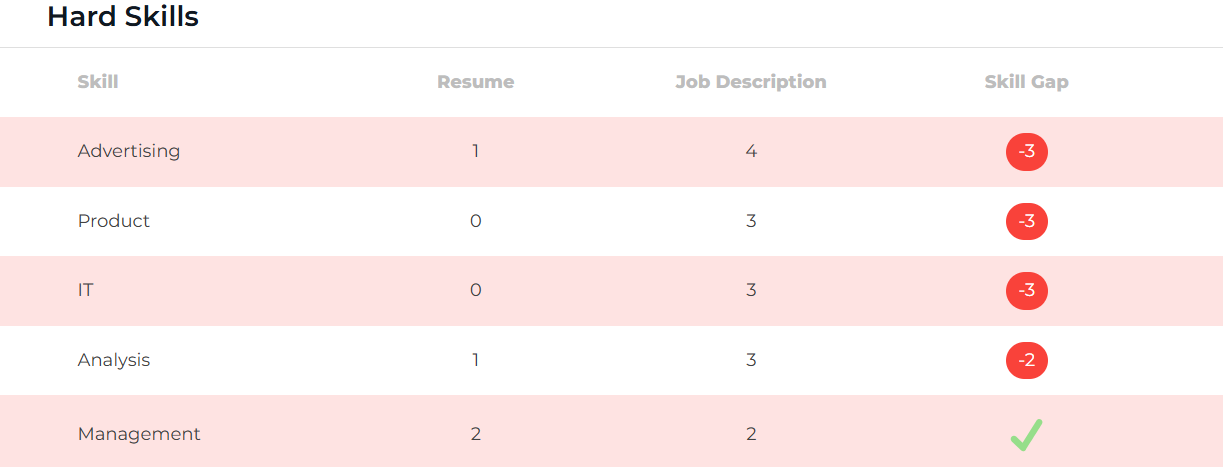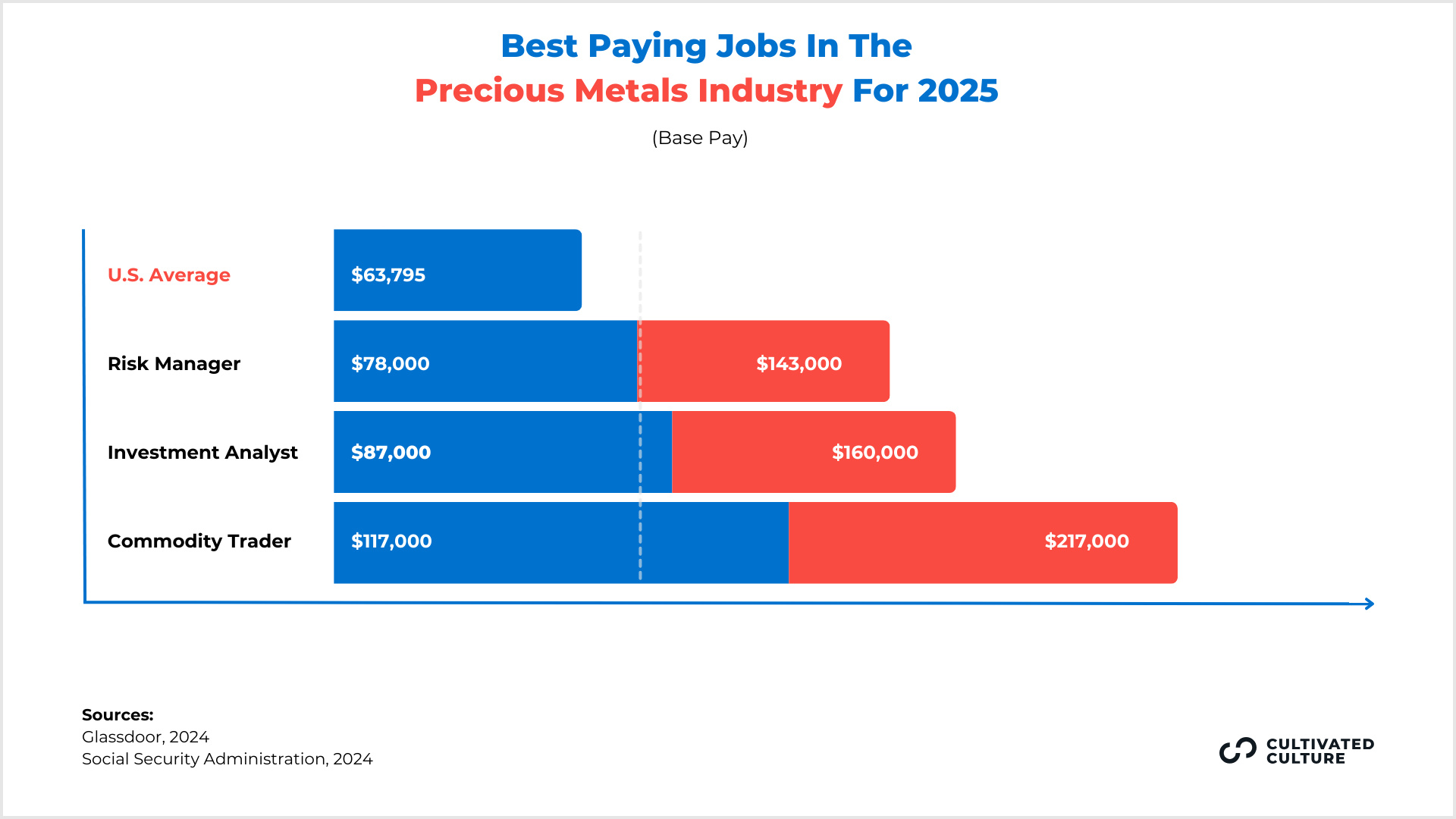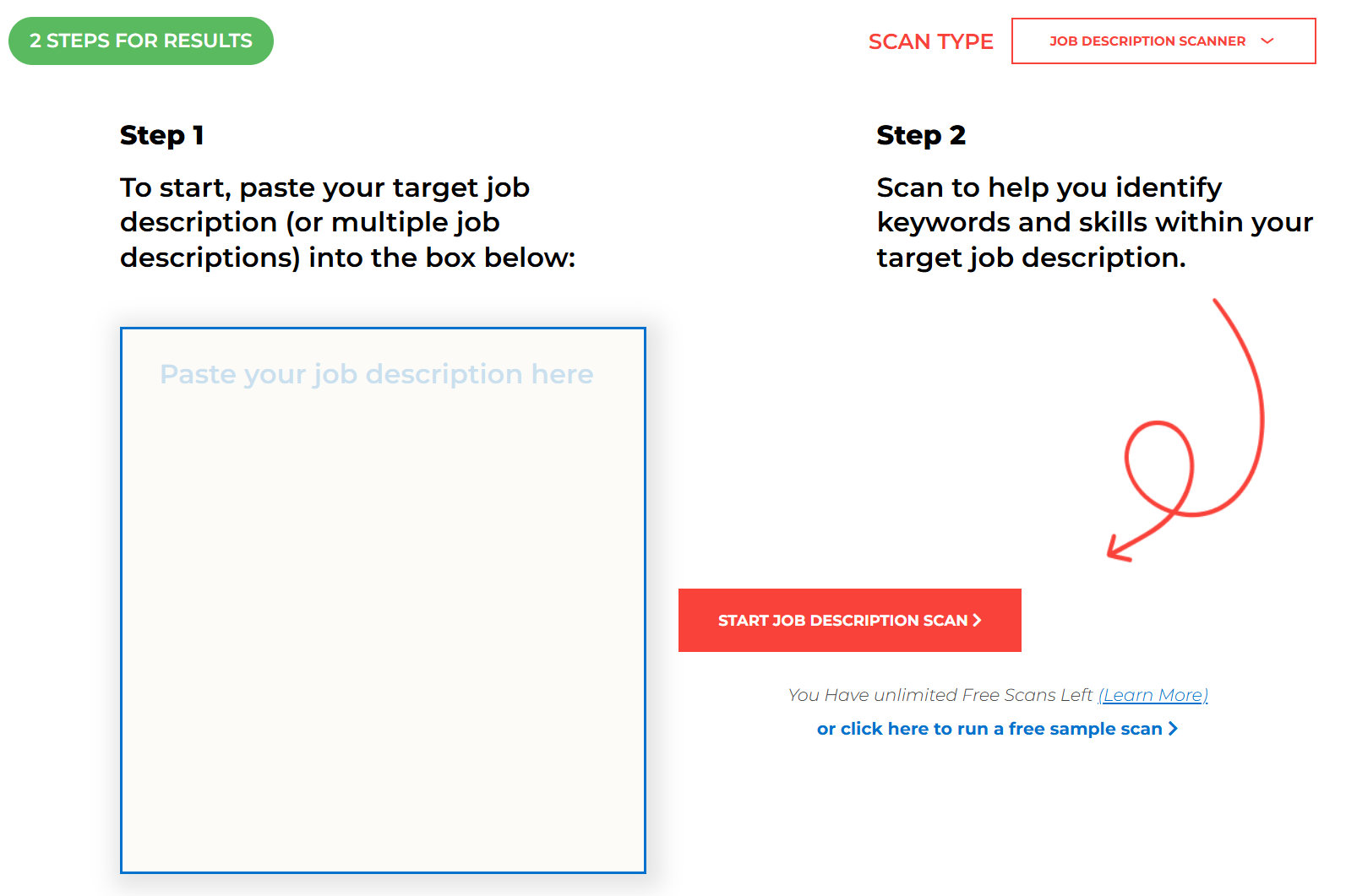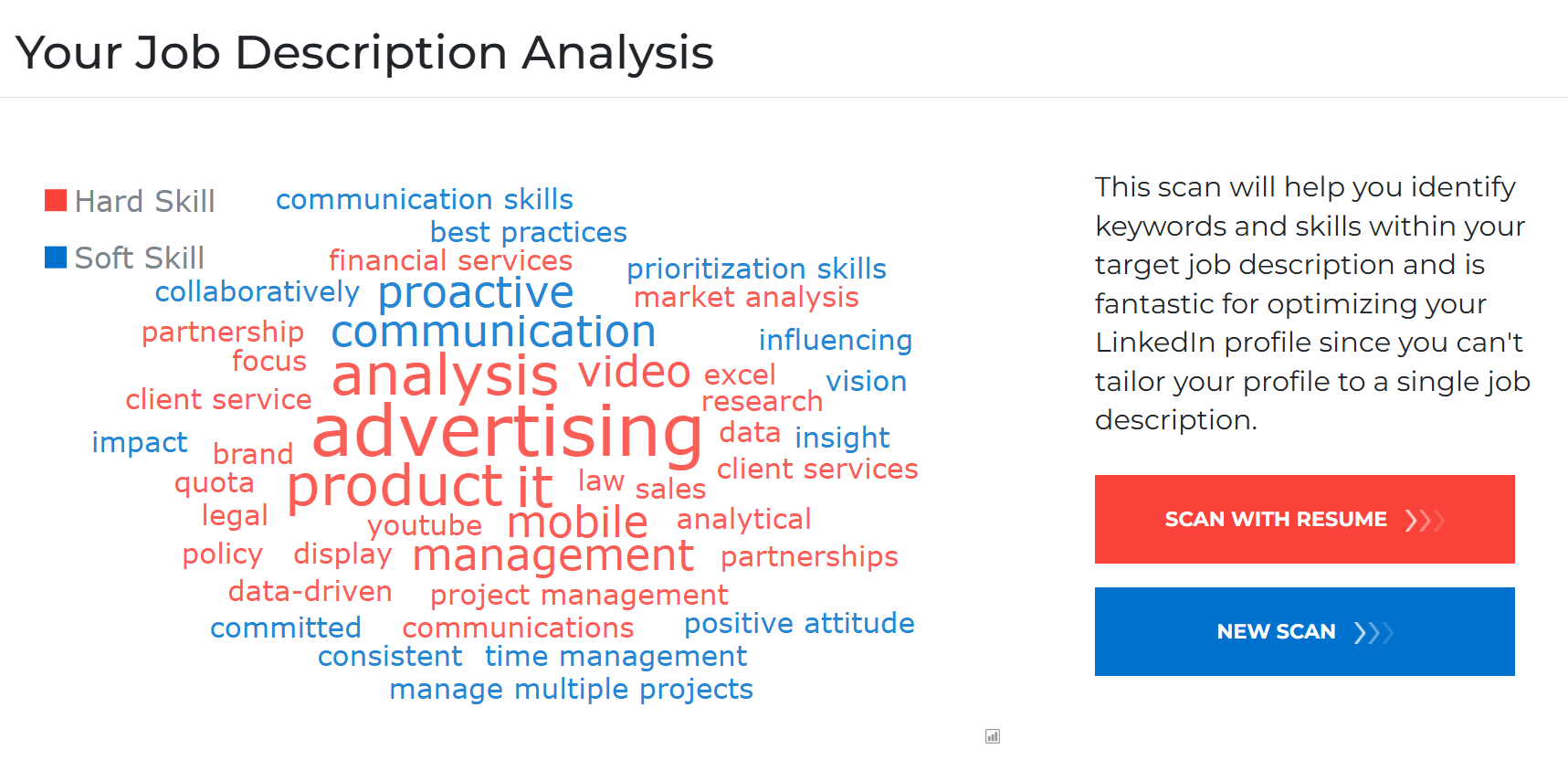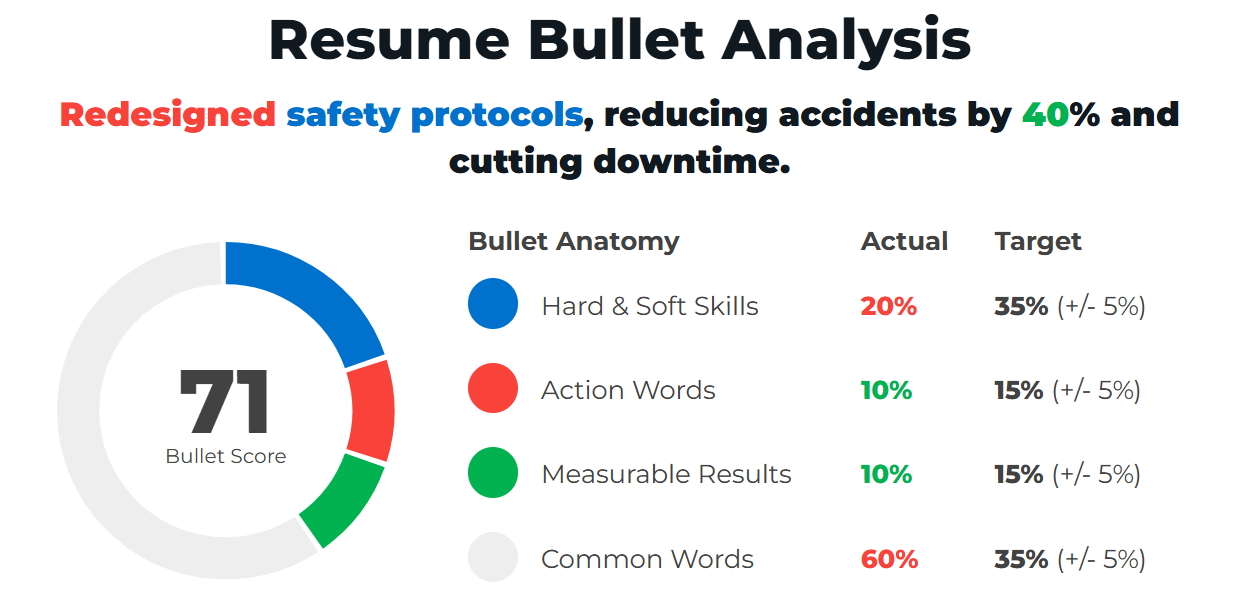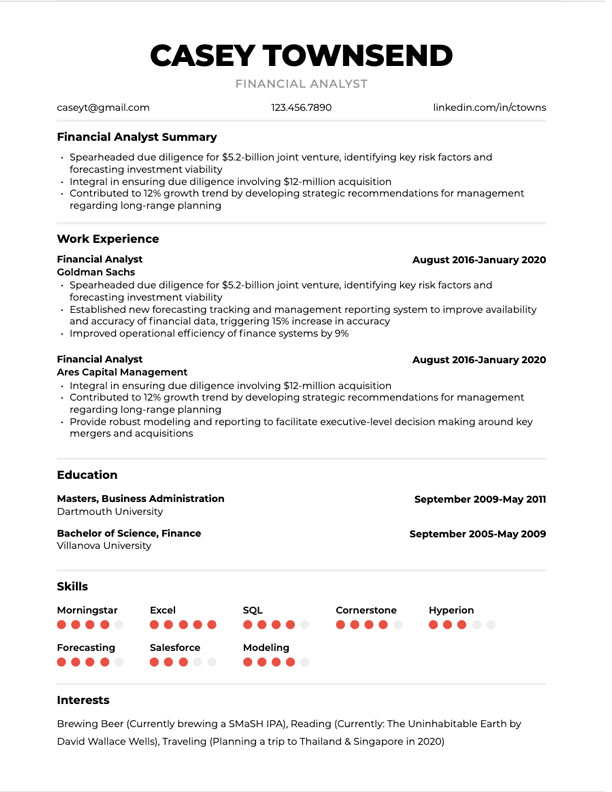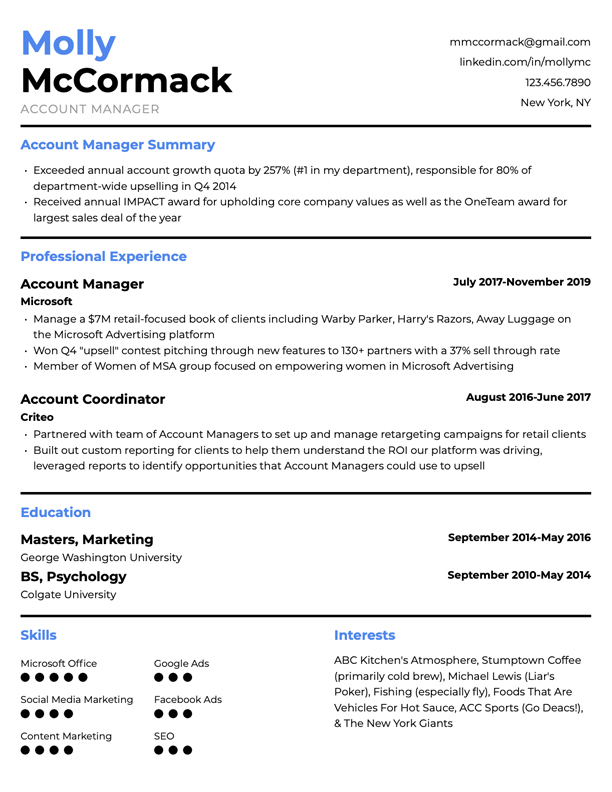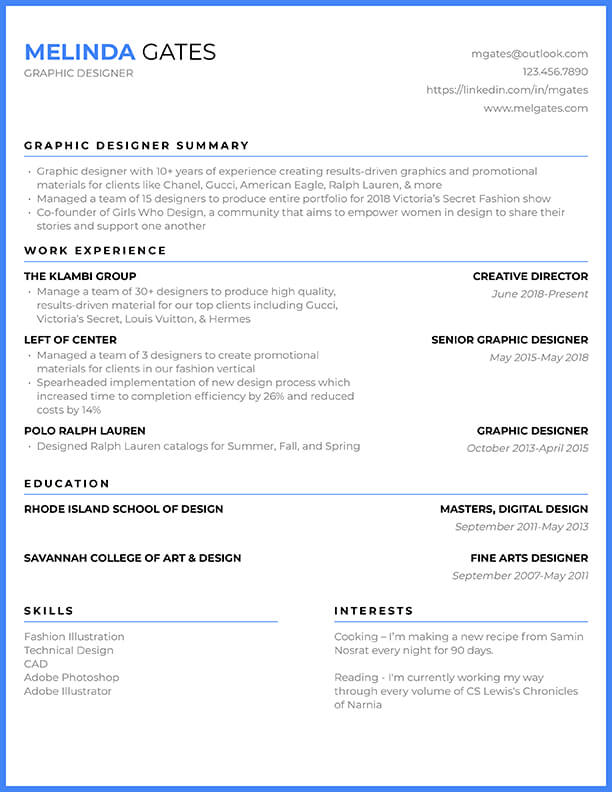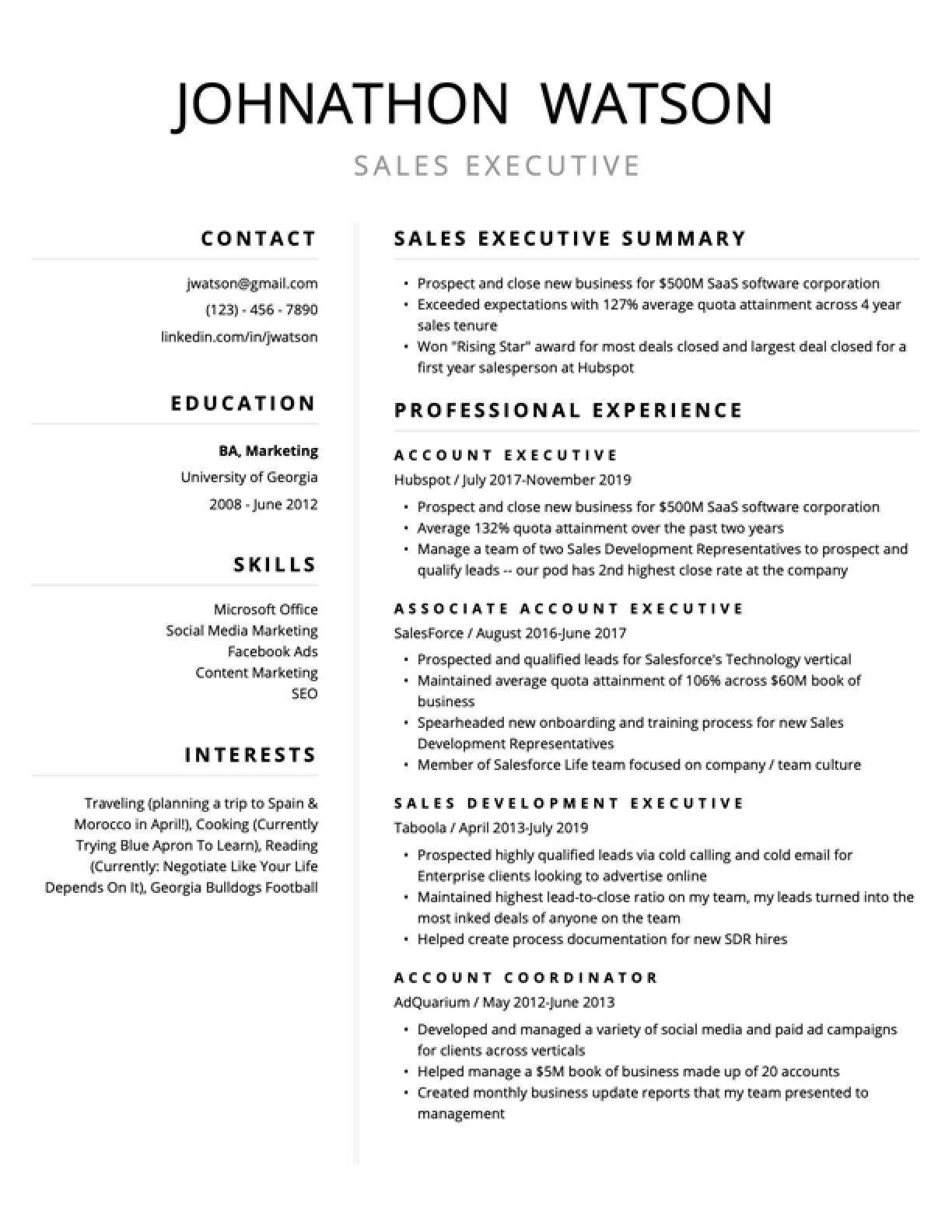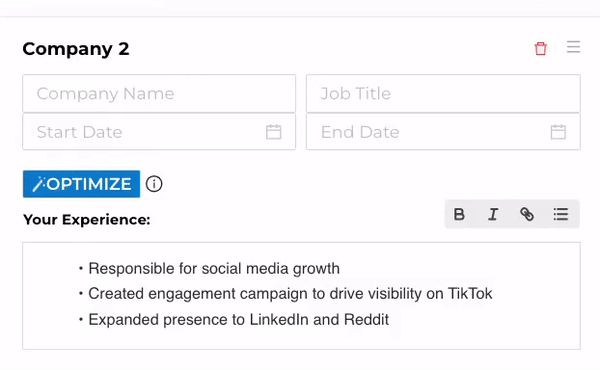If you’ve landed on this article, you probably have tons of questions about working in the precious metals industry and are wondering if this is a career path worth pursuing.
Good news – you have come to the right place! Whether you're an entry-level professional or well-established in another industry and looking for a career change, this article is for you!
In this article, we’ll be covering the following topics:
- What Is The Precious Metals Industry?
- What Companies Are In The Precious Metals Field?
- What Are The Job Options In Precious Metals?
- What Are The Skills Needed For Precious Metals?
- What Do Precious Metals Jobs Pay?
- Is Precious Metals A Good Career Path? (Our Verdict)
- How To Build A Job-Winning Precious Metals Resume
Let’s dig in!
What Is The Precious Metals Industry?
Precious metals such as gold, silver, platinum, and palladium are valued for their uses in different economic and industrial sectors. These metals are essential in creating products like jewelry, advanced electronics, and investment commodities.
Companies in the precious metals industry focus on exploring new sources, mining ores, refining raw materials into high-grade metals, and trading these assets on global markets.
What Companies Are In The Precious Metals Field?
When looking for jobs in the precious metals industry, you can either work in roles that do not relate to the industry itself – for example, taking a finance role in a mining company – or work in specialized positions directly tied to the sector — for example, working as a Mining Engineer.
In this section, we’ll cover the most common job options related to the industry.
- Mining Companies: Barrick Gold, Newmont Mining, and AngloGold Ashanti, which specialize in extracting precious metals from the earth.
- Refining Companies: Asahi Refining, Valcambi, and Heraeus, which purify and process raw metals into usable forms.
- Trading Firms: Traders like JM Bullion and Kitco Metals, which handle the buying and selling of precious metals.
These companies play crucial roles in the supply chain, ensuring that precious metals are available for a variety of uses.
What Are The Job Options In Precious Metals?
Job opportunities in the precious metals sector can vary widely, from technical positions in mining and refining to corporate roles in finance and marketing.
In this section, we’ll cover the most common job options in the field.
Jobs In Mining and Refining
These roles focus on the extraction and purification of precious metals:
- Mining Engineer: Plans and oversees the extraction of metal ores from the earth.
- Metallurgist: Specializes in the processing and transformation of metals into marketable forms.
- Refinery Technician: Works in plants to refine and produce high-purity metals.
Jobs In Trading and Investment
Roles in trading and investment deal with the financial aspects of precious metals:
- Commodity Trader: Buys and sells precious metals on various markets.
- Investment Analyst: Provides insights and strategies for investing in metals as financial assets.
- Risk Manager: Assesses and manages the risks associated with precious metal investments.
What Are The Skills Needed For Precious Metals?
Learning the skills required for each position is very important. You might have to address some skill gaps or you may already have well-developed skills that you can leverage as you seek a new role.
Here are the required skills for the most common roles in the precious metals industry:
Entry-Level Roles:
- Technical Expertise: Knowledge of geology, metallurgy, or chemical engineering is crucial for roles in mining and refining.
- Financial Knowledge: Essential for roles in trading and investment, where understanding market dynamics is key.
- Safety Compliance: Adherence to safety protocols and regulations is critical in mining operations.
Mid-Senior Manager Roles:
- Leadership: The ability to lead, motivate, and manage teams is important in both operational and corporate settings.
- Strategic Planning: Developing long-term strategies to secure and expand market position.
- Project Management: Overseeing projects from exploration to product delivery.
Mid-Senior Technical Roles:
- Advanced Technical Knowledge: In-depth expertise in specific areas of metallurgy or geology.
- Data Analysis: Using statistical methods to analyze metal markets and predict trends.
- Innovation: Driving advancements in metal extraction and processing technology.
Finding Your Fit With Precious Metals Roles
Want to find out if you are the right fit for a role in the precious metals industry?
We've got you covered.
Here's a simple, step-by-step guide to find out if you have the skills to take a new position in the precious metals industry!
- Head over to LinkedIn and search for precious metals industry roles.
- Copy the job description of the role that sparked your interest.
- Head over to ResyMatch.io (or use our shortcut below)
- Grab a copy of your most updated resume.
- Upload your resume on the left side.
- Paste the job description on the right side.
- Hit “Start Resume Scan.”
Boom! ResyMatch will compare and score your resume versus the job description and identify skill gaps.
ResyMatch will also provide best practices you can use to improve your resume and will ensure that your resume is ATS compliant (ATS is a software that recruiters use to track candidates through their hiring process).
Use our shortcut below to get started:
What Do Precious Metals Jobs Pay?
Now that we’ve covered the most common jobs in the precious metals industry, you might be wondering how much these roles pay.
To answer this question, let’s head over to one of our favorite tools for salary research: Glassdoor.
Glassdoor is one of the world’s top job and recruiting websites where users can anonymously provide information about their companies – including their current salary. Glassdoor provides an average salary range for various roles based on the information sent by its users.
According to Glassdoor, the base salary for the most common precious metals industry jobs in 2026 are:
- Mining Engineer: $75K – $118K / year base pay (USD)
- Metallurgist: $62K – $112K / year base pay (USD)
- Refinery Technician: $56K – $79K / year base pay
- Commodity Trader: $117K – $217K / year base pay (USD)
- Investment Analyst: $87K – $160K / year base pay (USD)
- Risk Manager: $78K – $143K / year base pay (USD)
Best Paying Jobs In Precious Metals Compared To The Average U.S. Salary In 2026
Now, let's check what that looks like compared to the average U.S. salary.
According to the Social Security Administration, the average salary in the U.S. is $63,795.
This is what the best-paying jobs in the precious metals industry look like when we put them in perspective:
Jobs in trading and investment are the highest-paying roles in the precious metals industry, with an earning potential of up to 240% higher than the U.S. average.
Now that we've covered the important basics of the precious metals industry, we can finally answer the biggest question many job seekers have when considering a new industry:
Is Precious Metals A Good Career Path? (Our Verdict)
Precious metals is a good career path for people who have an interest in geology, metallurgy, trading, and investment.
Precious metals roles are important for managing and leveraging the value of metals for both economic and technological development. Companies like Barrick Gold and Newmont Mining are leaders in the field.
If you feel like this might be the career path for you, then be sure to dive into the next section where we will cover the best strategies to help you land a job in the field:
How To Build A Job-Winning Precious Metals Resume
Here's a fact most people don't usually realize: you don't need traditional experience to take on a new role.
You can leverage your unique background, experiences, and skills for nearly any position, as long as you sell it.
Think about your resume as an advertisement for yourself. Like any ad, you want it to be compelling and visually attractive, right?
That's exactly what you will do with your resume!
You will start by:
1. Leveraging The Best Keywords For Your Target Role
Remember ResyMatch.io, that resume and job description scanner tool we mentioned earlier in this article?
We first showed you how you can scan and compare your resume with your target job description to find out how your skills match the role.
However, if you don't have a resume yet, you can still get great insight from this tool by running a job description scan.
Here's how: head over to ResyMatch.io and, in “Scan Type,” select “Job Description Scanner.” Then, copy the job description for your target role and paste it into the box on the left.
ResyMatch.io will provide a list of hard and soft skills that apply to the role. You can use these skills as keywords when building your resume.
Skim through the list to get ideas for keywords you can leverage on your resume.
For example, let's say you are a technically skilled and financially astute individual. Are there any previous experiences, personal projects, or even academic achievements that you can showcase in your resume to highlight these skills?
If yes, then make sure to include those on your resume and then move on to the next step:
2. Writing Compelling Resume Bullets
This is where you'll start crafting a resume that sells!
You'll want your resume bullets to have just the right amount of hard and soft skills, action words, measurable results, and common words.
This means a compelling precious metals industry resume bullet for someone applying for a Mining Engineer role might look something like this:
Redesigned safety protocols, reducing accidents by 40% and cutting downtime.
This bullet focuses on specific hard and soft skills that apply to a Mining Engineer, while also showcasing measurable results!
To help you write the perfect resume bullet, we've created ResyBullet.io, a free resume bullet analyzer that helps you write your resume in a way that grabs attention and illustrates value. Simply copy and paste your resume bullet below to begin your analysis:
ResyBullet will analyze and score your resume bullet and give you actionable insights for improvement.
Here's how our precious metals industry resume bullet scored on ResyBullet:
If you're a visual learner, check out our video that walks you through the step-by-step of writing a crazy-effective resume bullet:
3. Make Your Resume Visually Appealing
The last step is to take all of your content and apply it to a layout that is both easy to read and visually appealing. We recommend using a resume template so you can save the time you would normally spend designing your resume and instead allocate it to other high-value activities in your job search (like interview prep and networking).
You can use ResyBuild.io, a free resume builder, to easily build and customize your resume in no time. Just pick one of the templates below and get started:

Free Job-Winning Resume Templates, Build Yours In No Time.
Choose a resume template below to get started:
Choose from 8 proven templates and easily create, edit, and customize your resume. ResyBuild's AI assistant also helps you craft personalized, job-winning bullets in a single click. Simply add your experience, hit “Optimize”, and watch the magic happen.
Ready To Pursue A Precious Metals Career Path?
Then check out our No Experience, No Problem course and access a proven framework for building the skills and results you need to break into a new industry (even if you have absolutely no relevant experience right now)!



















